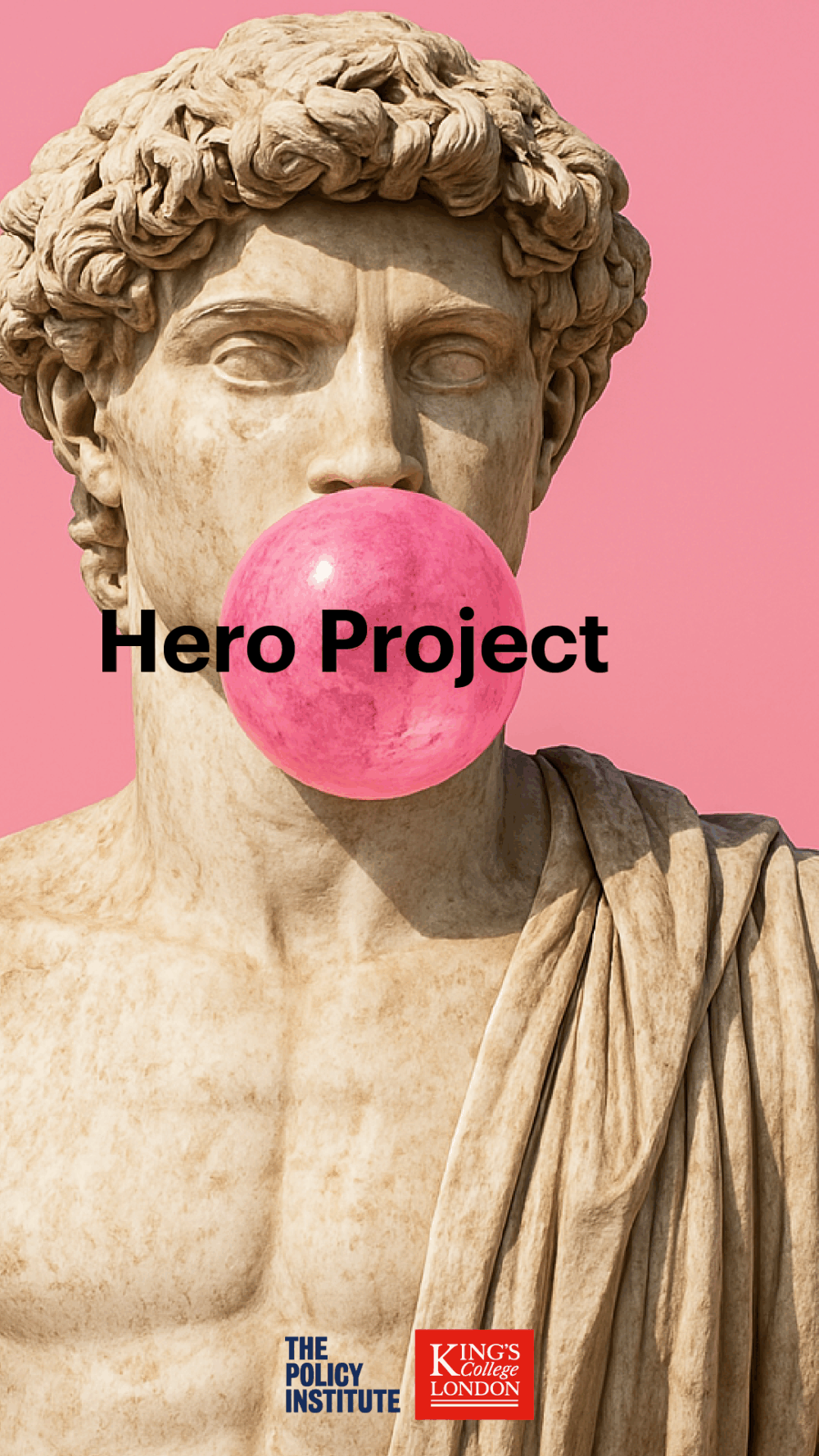
An interesting mapping of society in Greece
It is a really interesting mapping of citizens’ thoughts on the political situation in Greece. I’d recommend a thorough read as it’s a very useful tool for all those interested in public life. My commentary is the result of an initial reading, through the social and political psychology spectrum. There are plenty of observations one could make on the research’s rich content. I will focus on some elements that drew my attention.
A first observation is that the participants are equally divided on the subject of how satisfied they are with what’s happening in their lives. In a time when the pandemic, among other factors, has changed the way we have been living our lives, one might say that the fact that 55.8% of the participants are rather or very satisfied, paints a rather optimistic picture. Still, it is worth observing who are those who contribute to this optimistic stance. The most satisfied age groups are the youngest (17-34) and the eldest (65+). It might be significant that the least satisfied age group are the 45–54-year-old citizens (42.1%). I think that this is an age group that we ought to observe more closely. People who place themselves in the higher and the upper middle classes are more satisfied, while those who place themselves to the lower middle class or the working-class score way lower than average in terms of general satisfaction (38,5% and 27.3% respectively). It comes as no surprise that the same goes for unemployed citizens (29.2%).
The satisfaction rates reverse when participants are asked regarding their personal financial situation, with 42.2% being satisfied instead of 57.3%. Once more, participants aged 45-54 are the least satisfied (28.4%), along with people who place themselves in the lower-middle class and the working class (21.3% and 9.5% respectively) as well as the unemployed, the farmers and housekeepers. On the other tip of the scale, those who place themselves in the upper classes have a high percentage of satisfaction (over 80%). The rate is proportionate to their monthly income.
One might say that this is a common observation. Still, I believe it to be significant, because it depicts the Greek society’s class mapping, though that doesn’t mean in itself that people actually have class consciousness. Regarding the issue of economic injustice, the citizens appear to be certain. 84.6% believe there’s significant social injustice in Greece, 62.5% think that this injustice is not due to human nature but to the social order that causes it. 41.3% believe that one of the greatest injustices in Greece is that there are employees who earn wages that do not allow them and their families to live decently. A staggering 84.5% thinks that businessmen are favoured and leave very little to their employees. In sociopsychology literature, there have been recent studies that show that the perception of injustice is a very important factor that affects people’s feelings and that can lead to several collective actions. This feeling, therefore, is significant in society.
Generally, participants believe that Greece is unfair towards its citizens (74.5%), that injustice is increasing (68.3%) or remains unchanged (22.2%) and there’s more injustice in Greece than in other European countries (82.3%). This belief that the country isn’t “friendly” towards its citizens is depicted in the participants’ views on Democracy. 70.6% aren’t satisfied with the way Democracy works – a stance most popular among the youngest age group (17–24-year-olds). Another significant belief, in my opinion, is a popular one (81.7%) stating that “the people’s demands are continuously being ignored in favour of the status quo’s interests”. This opinion is more popular amongst the young, the students, the unemployed, those who have lower income, those who place themselves in the working class as well as withing the age group 45-54, who are less satisfied with their lives and even less so with their financial situation. Moreover, a significant percentage (76.9%) believes that democracy in Greece would be better if “citizens participated more through public assemblies and referendums”.
These findings could be combined to those regarding the citizens’ trust in the State institutions – both governing bodies and institutions that regulate citizens relations. It is significant that none of the institutions suggested managed to gather the trust of even 50% of the participants. It is a rather troubling finding, since it depicts the citizens’ disappointment in the current social organisation and it gives the impression that the social fabric is torn. There are sociopsychological studies that have shown that when citizens stop trusting their communities and the institutions that keep the social contract active, they do not become more actively asserting.
Instead, with a sense of futility and numbness, they tend to seek a reinstitution of the social order that was lost, often through authoritarian alternatives. Maybe this could be the reason why the Police gathers more trust than core institutions such as the Cabinet, the Prime Minister, the Parliament and Justice. Maybe the citizens want to reinstate order and rules that could unite society, even through disciplinary actions. Maybe they feel “betrayed” by the administrators of the political system, including political parties and trade unions. Those citizens, according to other sociopsychological studies, are more prone to respond to far-right rhetoric and to accept extreme viewpoints and exclusionary measures. Combined with the fact that said citizens stated that they feel they do not earn salaries that match their productivity or their profession and that they don’t enjoy the respect corresponding to citizens under the rule of law, we have a potentially explosive framework.
The relative deprivation feeling, that is when one feels that “they have less than what they deserve”, is a source for assertions. But when the social fabric is torn and there’s no clear organization of the people’s demands or even a way to meet said demands, then on one hand there might be a wider individualization and on the other hand, some might resort to violence or form groups based on values that turn against the most vulnerable, in an attempt to regain power. According to this study, the youngest, the self-proclaimed working class, people without a university education and those between the ages of 45 and 54, should be studied more closely.
This doesn’t mean that Greek society only has conservative ideological reflexes. In general terms, the research shows that citizens still value concepts that hold an ideological burden, such as progress and moderation, and they don’t consider nationalism or the far-right to be positive things. It is also noteworthy that people trust the public sector and believe that it could become more efficient (74.6%) and that education (90.2%), healthcare (87.8%), pensions (86.1%) and water supply (84.2%) should be regulated by the public sector. They have stated that given the option to send their children to a private school, they’d still prefer a public one (67.1% during primary school, 67.5% for secondary/high school and 72.88% for university).
In general, the data produced by this research makes one think whether it is one’s ideological placement on a more symbolic level that marks their behaviour, or rather their assets and their class and social placement. Sociopsychological studies have highlighted the significance of identity in terms of one’s actions, as well as the fact that identities are not stripped of meaning. They include principles that couldn’t be realized without those identities. I believe that the findings of this research give us plenty of food for thought, because they’re mapping identities and bring forward questions that need new answers. This is why one should examine the data in a more detailed and comparative manner, than I did on this first short read through.



